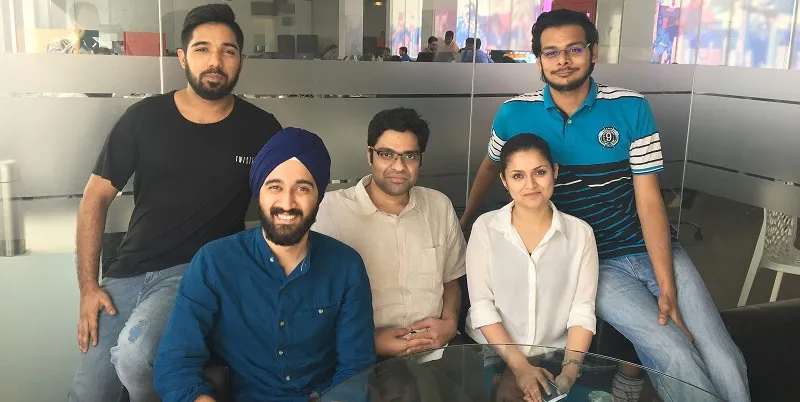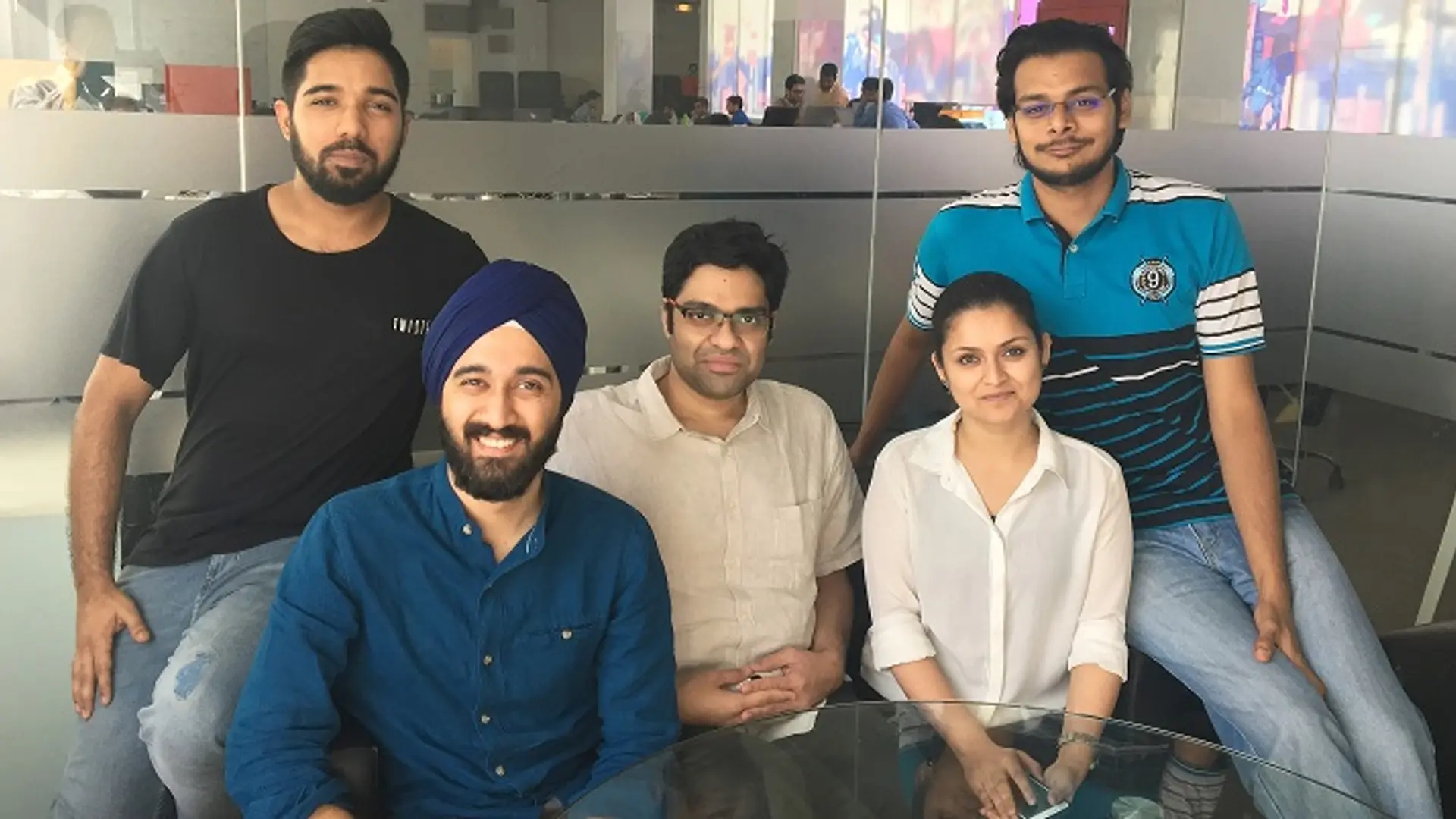Monsoon CreditTech to help banks underwrite new loans with machine learning
Artificial Intelligence (AI) enthusiast and financial expert Ashwini Anand believes banks need to get smart with tech to reduce NPA burden.
Banks have forever been dependent on the wits of bank managers to build relationships with businesses. The same human processes have led to the slowdown of Indian economy. The Reserve Bank of India puts the NPAs at nine percent of the overall lending — which is why it has not dropped the interest rates.
While the RBI tightens the noose around bad lending, India has become one of the most difficult countries for business. Imagine this with the current advances in Machine Learning (ML), a subset of AI — the software will understand credit behaviour so that, with their past history and current data, banks can figure out the likelihood of the businesses breaking their loan contracts.
In a world where startups and large companies are talking about making payments easy, Monsoon CreditTech turns the tables to make lending easy. Credit, as you know, is what builds the economy and creates the short-term debt cycle. Things can get worse if there is a long-term debt cycle and banks begin to squeeze rates to curb spending. Now imagine a technology that allows banks to manage credit cycles better — Ashwini Anand, Founder of Monsoon CreditTech, claims that their algorithm understands credit history right at the time they onboard an SMB or an individual with a loan.

Monsoon CreditTech was founded in 2015 and took a good two years to create a platform that can figure out lending processes and delinquencies. It has raised an undisclosed round from Rajan Anandan, Vellayan Subbiah (ex-MD of Chola), Rishi Srivastava (ex-Group Director of Microsoft), Sunil Kalra, and Aditya Singh.
What does the startup do?
According to RBI data, the gross bad loan ratio (GBLR) will go up to 10.2 percent in 2018 as compared to 9.6 percent in March 2017. Analysts say this has been building up over the last three years and demonetisation has nothing to do with banks or lending.
Monsoon CreditTech aims to leverage the power of advanced machine learning on financial data (financial statements, bank statements, etc.) and alternate data (social media footprints and digital exhaust) to redefine the way loans are given to retail investors and small businesses in India.
“We capture nuanced patterns in data, enabling us to make loan-underwriting decisions that result in significantly lower loan delinquency rates and higher loan-approval rates, thus improving the loan-loss adjusted Net Interest Income of loan portfolios,” says Ashwini.
He adds that they are currently working with three private banks, a few NBFCs, and online/P2P lenders on a variety of retail and small business (MSME) loan portfolios, helping them reduce delinquency rates and/or increase loan approval rates.
Large companies like Mphasis and CSSCorp are beginning to create services in this realm to win banking clients in the US. In India, the seven-year-old startup I-Exceed is making core banking go mobile. There is a host of fintech companies that do their own lending and have built engines to track delinquencies in their portfolio —Finmomenta, Capital Float, and Zest Money to name a few.
Ashwini Anand is an engineer and a CFA who also founded a wealth management company called InvestoPresto in 2009. The company folded in 2013 because of lack of traction. Ashwini figured that retail investors did not want to pay for a platform that could help them manage their wealth. However, from this startup, the learnings were great — he realised that the tech he was building could be used by banks to better their retail lending portfolios.
According to PWC, fintech is a $45 billion opportunity in the global market and there are many banks willing to move towards the fintech era with startups. “Consumerisation of bank IT is a big business opportunity and we have to think like a startup too,” says Nitin Rakesh, CEO of Mphasis. He adds that it is a very disruptive trend throughout the world, thanks to consumers demanding banks to serve them digitally.
According to a report published by KPMG, fintech investments in India surged from $245 million in 2014 to over $1.5 billion in 2015. It is expected to reach $2.4 billion by 2020.
“Technology is a differentiator and startups that can prove to large companies that data mining through machine learning is the future, then there is a large business for them,” says Naganand Doraswamy, Founder, IdeaSpring Capital.
The business model for Monsoon Fintech is to charge an annual maintenance fee and work with banks on payments made for every individual verified through the platform. These are still early days for MonsoonCredit Tech. But with the backing of big investors, they hope to make a dent in the Indian banking sector in future.



